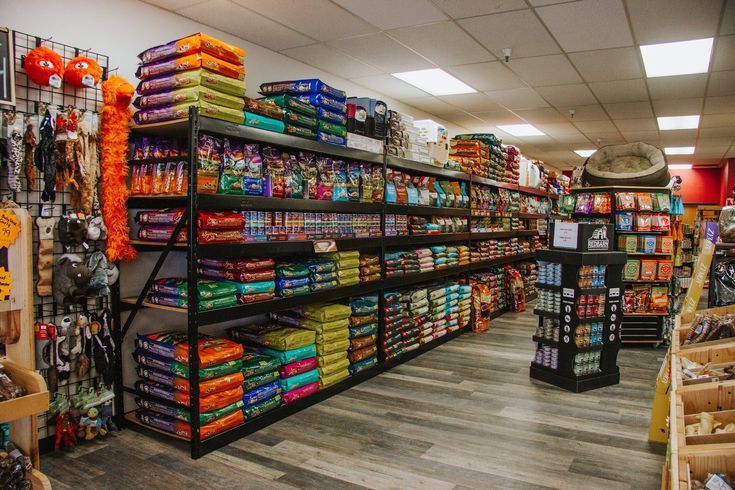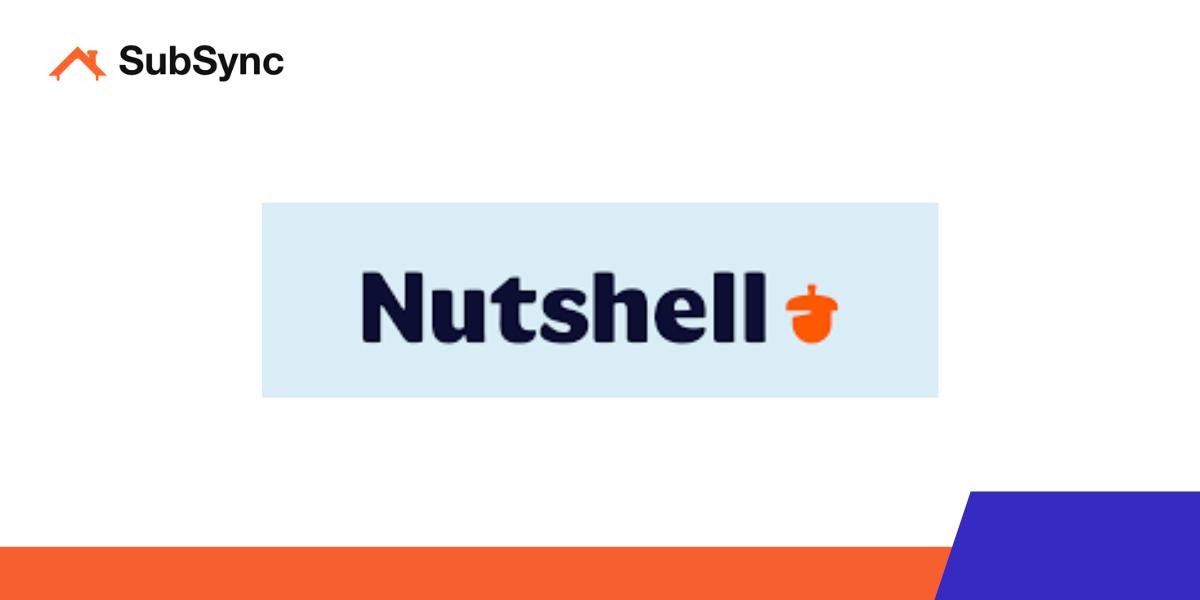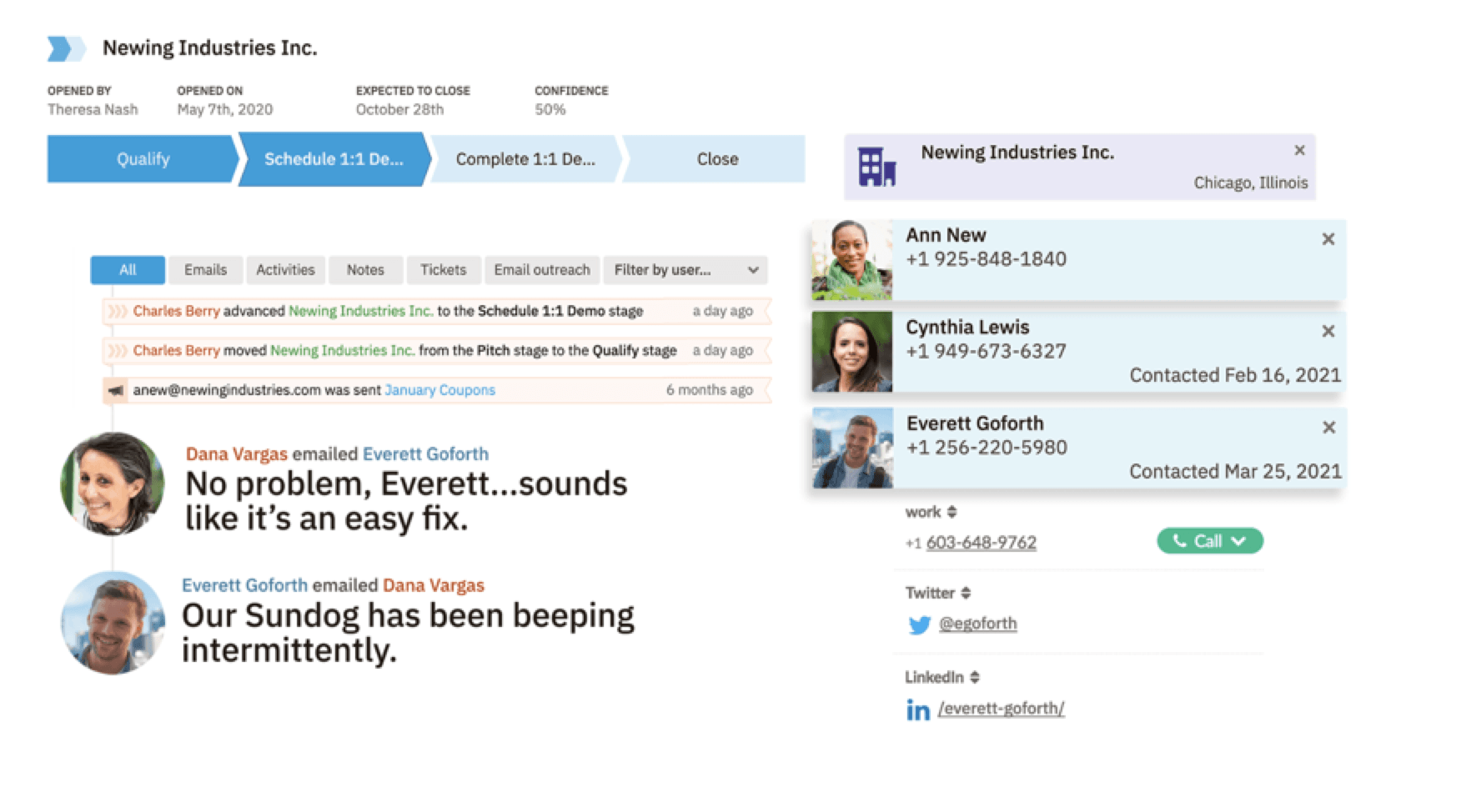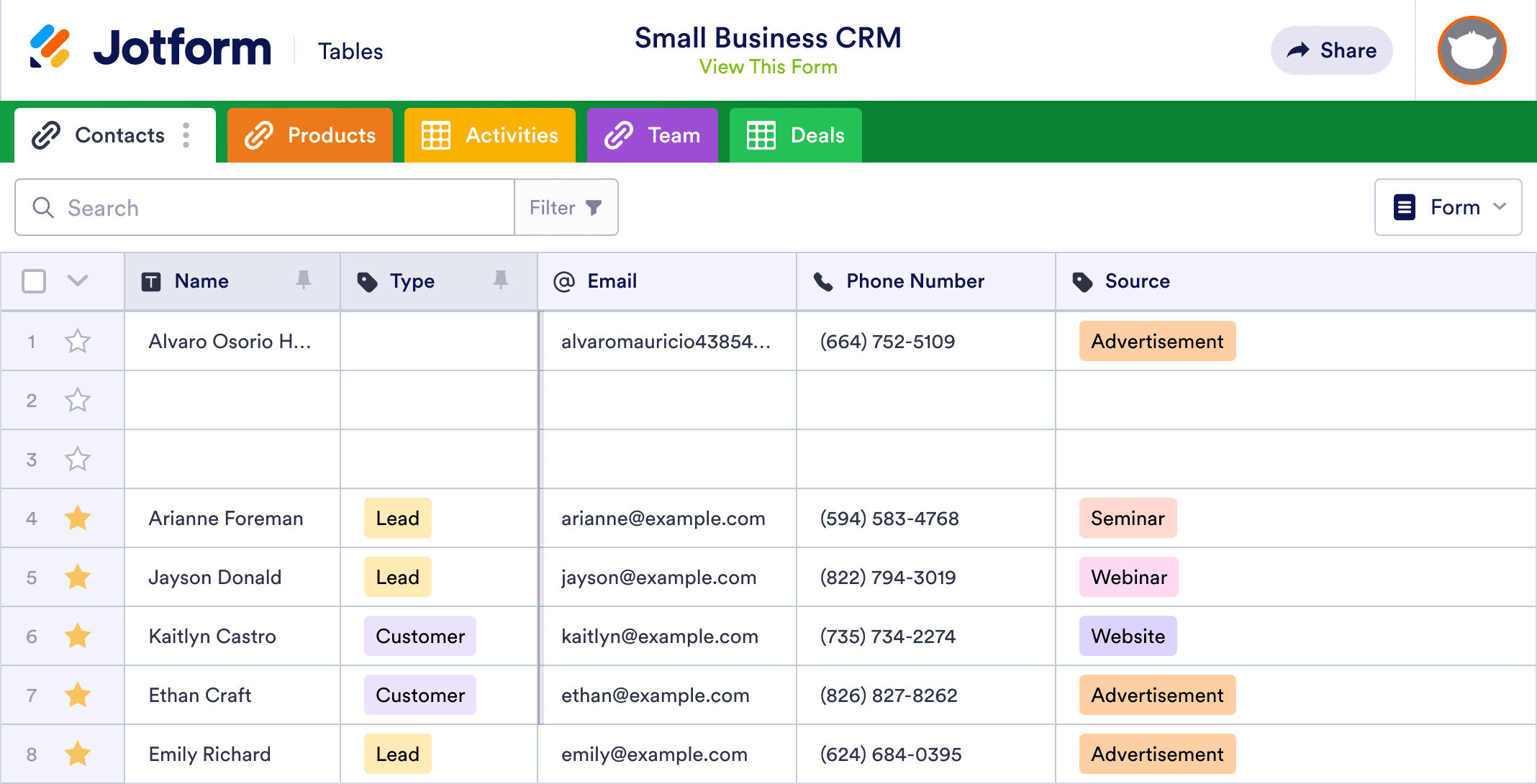Unlocking Salon Success: The Ultimate Guide to the Best CRM for Small Salons
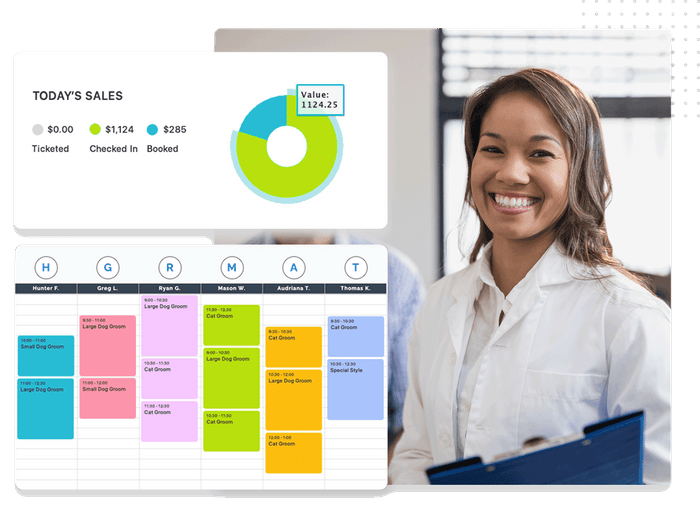
Running a small salon is a whirlwind of appointments, client preferences, inventory management, and marketing efforts. It’s a demanding role, and staying organized can feel like a constant battle. Fortunately, in today’s digital age, there’s a powerful tool designed to streamline operations and boost your business: a Customer Relationship Management (CRM) system. But with so many options available, choosing the right CRM for your small salon can feel overwhelming. This comprehensive guide will help you navigate the world of salon CRMs, providing you with the knowledge and insights you need to make an informed decision and propel your salon to new heights.
Why Your Small Salon Needs a CRM
Before diving into specific CRM options, let’s explore why a CRM is essential for the success of your small salon. Think of a CRM as your central hub for all client-related information. It’s more than just a digital address book; it’s a powerful engine that can transform how you manage your business.
Improved Client Relationships
At its core, a CRM helps you build stronger relationships with your clients. By storing detailed information about each client – their appointment history, preferred services, product purchases, and personal preferences – you can personalize their experience. Imagine greeting a client by name, knowing their favorite service, and having their preferred products ready. This level of personalization creates a sense of value and loyalty, encouraging repeat business and positive word-of-mouth referrals. Happy clients are the lifeblood of any salon, and a CRM empowers you to cultivate those relationships effectively.
Streamlined Appointment Scheduling
Juggling appointment scheduling manually can be a major headache. A CRM automates this process, allowing clients to book appointments online 24/7, reducing no-shows with automated reminders, and optimizing your stylists’ schedules for maximum efficiency. This frees up your time to focus on other critical aspects of your business, such as staff training, marketing, and client service. No more phone tag or double-booked appointments – just a smooth, seamless scheduling experience for both you and your clients.
Enhanced Marketing Capabilities
A CRM isn’t just about managing existing clients; it’s also a powerful marketing tool. You can segment your client base based on various criteria (e.g., services received, spending habits, location) and create targeted marketing campaigns. This allows you to send personalized promotions, special offers, and appointment reminders, keeping your salon top-of-mind and driving new business. For example, you could send a special offer to clients who haven’t visited in a while, or a loyalty reward to your most frequent customers. This targeted approach is far more effective than generic mass marketing efforts.
Efficient Inventory Management
Many salon CRMs also include inventory management features, allowing you to track product stock levels, set reorder alerts, and analyze product sales data. This helps you avoid running out of essential products, minimize waste, and make informed decisions about which products to stock. Efficient inventory management saves you time and money, ensuring you always have the right products on hand to meet your clients’ needs.
Data-Driven Decision Making
A CRM provides valuable data and analytics that can help you make informed business decisions. You can track key performance indicators (KPIs) such as client retention rate, revenue per client, and service popularity. This data allows you to identify areas for improvement, measure the success of your marketing campaigns, and ultimately, optimize your business for profitability and growth. Knowing your numbers is crucial for making smart business decisions.
Key Features to Look for in a Salon CRM
Now that you understand the benefits of a CRM, let’s explore the key features to look for when choosing the right one for your small salon. Not all CRMs are created equal, and the features you need will depend on your specific business needs and goals.
Appointment Scheduling and Management
This is arguably the most critical feature for a salon CRM. Look for a system that allows clients to book appointments online, offers automated appointment reminders (via email and/or SMS), and provides a clear and easy-to-use calendar view for your staff. The system should also allow for easy rescheduling and cancellation, with options for sending confirmation and reminder notifications. A good scheduling system reduces no-shows and maximizes your stylists’ time.
Client Database and Profiles
The ability to store detailed client information is essential. The CRM should allow you to create comprehensive client profiles, including contact information, appointment history, service preferences, product purchases, notes about their hair type, style, or any other important details. This information enables you to personalize the client experience and provide exceptional service.
Point of Sale (POS) Integration
Many salon CRMs integrate with POS systems, allowing you to process payments, track sales, and manage inventory seamlessly. This integration streamlines the checkout process, eliminates the need for separate systems, and provides a more comprehensive view of your business performance. This feature is a significant time-saver and helps with accurate financial tracking.
Marketing Automation
Look for a CRM that offers marketing automation features, such as the ability to segment your client base, create targeted email campaigns, and send automated appointment reminders and follow-up messages. This automation saves you time and effort while keeping your salon top-of-mind with your clients. Some CRMs also offer SMS marketing capabilities, which can be highly effective for appointment reminders and promotions.
Inventory Management
If you sell products, a CRM with inventory management features is a valuable asset. The system should allow you to track product stock levels, set reorder alerts, and analyze product sales data. This helps you avoid running out of products, minimize waste, and make informed decisions about which products to stock. Keeping tabs on your inventory is crucial for smooth operations.
Reporting and Analytics
A good CRM provides detailed reports and analytics on key performance indicators (KPIs) such as client retention rate, revenue per client, and service popularity. This data allows you to track your business performance, identify areas for improvement, and measure the success of your marketing campaigns. Data-driven insights are invaluable for making informed business decisions.
User-Friendly Interface
The CRM should be easy to use and navigate, with a clean and intuitive interface. Your staff should be able to learn the system quickly and efficiently. A user-friendly interface minimizes training time and ensures that your team can effectively utilize the CRM’s features.
Mobile Accessibility
In today’s mobile world, it’s essential to choose a CRM that is accessible on mobile devices. This allows you and your staff to access client information, manage appointments, and track sales from anywhere, at any time. Mobile accessibility provides flexibility and convenience.
Integration with Other Tools
Consider whether the CRM integrates with other tools you use, such as accounting software, social media platforms, and online booking systems. Seamless integration streamlines your workflow and eliminates the need for manual data entry. Integration makes your life easier.
Customer Support
Choose a CRM provider that offers excellent customer support. Look for options like phone, email, and chat support, as well as helpful online resources such as FAQs and tutorials. Reliable customer support is crucial if you encounter any issues or have questions about the system.
Top CRM Options for Small Salons
Now, let’s explore some of the top CRM options specifically designed for small salons. Each system has its own strengths and weaknesses, so consider your specific needs and budget when making your decision. Note that pricing and features can change, so it’s always best to check the provider’s website for the most up-to-date information.
1. Vagaro
Vagaro is a popular all-in-one salon management software that includes CRM features. It offers a comprehensive suite of tools, including online booking, appointment scheduling, client management, marketing automation, and POS integration. Vagaro is known for its user-friendly interface and extensive feature set. It’s a great option for salons that want an all-in-one solution.
- Pros: All-in-one solution, user-friendly interface, online booking, marketing automation, POS integration, mobile app.
- Cons: Can be more expensive than some other options, may have more features than some small salons need.
- Best for: Salons looking for a comprehensive, all-in-one solution with robust features.
2. Booksy
Booksy is a popular online booking and CRM platform that focuses on ease of use and client engagement. It offers online booking, appointment scheduling, client management, and marketing features. Booksy is particularly well-suited for salons that want to focus on attracting new clients and streamlining the booking process. It’s known for its robust online booking and client-facing features.
- Pros: Easy online booking, strong client-facing features, mobile app, marketing tools.
- Cons: Limited inventory management features, may not be as feature-rich as some other options.
- Best for: Salons that prioritize online booking and client engagement.
3. Salonist
Salonist is a cloud-based salon management software designed specifically for salons, spas, and other beauty businesses. It offers features like appointment scheduling, client management, POS, inventory management, and marketing tools. Salonist provides a good balance of features and affordability, making it a popular choice for small salons.
- Pros: Affordable, good balance of features, appointment scheduling, client management, POS, inventory management.
- Cons: Interface may not be as polished as some other options.
- Best for: Small salons looking for an affordable and feature-rich solution.
4. GlossGenius
GlossGenius is a sleek and modern salon management software designed to simplify the client experience and streamline operations. It offers online booking, appointment scheduling, client management, payment processing, and marketing features. GlossGenius is known for its user-friendly interface and focus on client experience. It’s a great option for salons that want a stylish and intuitive system.
- Pros: User-friendly interface, focus on client experience, online booking, payment processing.
- Cons: May be more expensive than some other options, limited inventory management features.
- Best for: Salons that prioritize a user-friendly interface and a seamless client experience.
5. Square Appointments
Square Appointments is a popular choice for small businesses, including salons. It offers online booking, appointment scheduling, client management, and payment processing, all integrated with Square’s POS system. Square Appointments is known for its ease of use and affordability, particularly for businesses already using Square for payment processing. It’s a solid choice if you are already in the Square ecosystem.
- Pros: Easy to use, affordable, integrates with Square POS, online booking.
- Cons: Limited features compared to some other options, may not be ideal for larger salons.
- Best for: Small salons already using Square for payment processing that are looking for an affordable and easy-to-use solution.
How to Choose the Right CRM for Your Salon
Choosing the right CRM for your small salon is a crucial decision. Here’s a step-by-step guide to help you make the right choice:
1. Assess Your Needs
Before you start comparing CRM options, take some time to assess your salon’s specific needs. Consider the following questions:
- What are your biggest pain points? (e.g., appointment scheduling, client communication, inventory management)
- What features are essential for your business? (e.g., online booking, marketing automation, POS integration)
- What is your budget?
- How many staff members will be using the system?
- What is your current level of technical expertise?
Answering these questions will help you narrow down your options and identify the features that are most important to you.
2. Research Different CRM Options
Once you have a clear understanding of your needs, research different CRM options. Read online reviews, compare features, and consider pricing. Pay close attention to the features that are most important to you and your salon. Don’t be afraid to try out free trials or demos to get a feel for the system.
3. Consider Ease of Use
The CRM should be easy for you and your staff to learn and use. Look for a system with a clean and intuitive interface. Consider how much training will be required and whether the vendor offers adequate support. A user-friendly system will save you time and frustration in the long run.
4. Evaluate Customer Support
Make sure the CRM provider offers excellent customer support. Look for options like phone, email, and chat support, as well as helpful online resources such as FAQs and tutorials. Reliable customer support is crucial if you encounter any issues or have questions about the system.
5. Factor in Scalability
Choose a CRM that can grow with your business. Consider whether the system can handle increasing numbers of clients and staff. Look for a system that offers a range of pricing plans to accommodate your evolving needs. You want a system that can support your salon’s future growth.
6. Read Reviews and Testimonials
Read reviews and testimonials from other salon owners to get an idea of their experiences with different CRM systems. This can provide valuable insights into the strengths and weaknesses of each option. Look for reviews that specifically mention features that are important to you.
7. Start with a Free Trial or Demo
Many CRM providers offer free trials or demos. This is a great way to test the system and see if it’s a good fit for your salon. Take advantage of these opportunities to get hands-on experience with the software before making a final decision.
8. Consider the Cost
CRM pricing varies depending on the features, the number of users, and the provider. Compare pricing plans and choose a system that fits your budget. Don’t just focus on the initial cost; consider the long-term value and the potential return on investment (ROI) the CRM can provide.
9. Make a Decision and Implement
Once you’ve carefully considered all the factors, make a decision and implement the CRM. Take the time to train your staff and migrate your existing client data. Be patient and give your team time to adjust to the new system. With a little effort, you’ll be well on your way to streamlining your operations and building stronger client relationships.
Maximizing Your CRM Investment
Once you’ve chosen and implemented a CRM, it’s essential to maximize your investment. Here are some tips for getting the most out of your CRM:
- Train Your Staff: Provide thorough training to your staff on how to use the CRM. The more your team knows how to use the system, the more effective it will be.
- Regularly Update Client Information: Keep your client data up-to-date and accurate. This is essential for personalized service and effective marketing.
- Use All the Features: Don’t just use the basic features of the CRM. Explore all the features and take advantage of the system’s full capabilities.
- Analyze Your Data: Regularly review the reports and analytics provided by the CRM. This data will help you identify areas for improvement and make informed business decisions.
- Integrate with Other Tools: Integrate your CRM with other tools you use, such as accounting software and social media platforms. This will streamline your workflow and save you time.
- Provide Feedback to the Vendor: Provide feedback to the CRM vendor about your experience with the system. This can help them improve their product and make it even better for you and other users.
The Future of Salon CRMs
The world of salon CRMs is constantly evolving, with new features and innovations emerging all the time. Here are some trends to watch for:
- Artificial Intelligence (AI): AI is being used to automate tasks, personalize recommendations, and provide insights into client behavior. Expect to see more AI-powered features in salon CRMs in the future.
- Mobile Optimization: With the increasing use of mobile devices, salon CRMs are becoming more mobile-friendly, allowing salon owners and staff to manage their businesses from anywhere.
- Integration with Social Media: CRMs are increasingly integrating with social media platforms, allowing salons to manage their social media presence and engage with clients more effectively.
- Focus on Client Experience: The focus is shifting towards providing a seamless and personalized client experience. CRM systems are being designed to facilitate this, from online booking to personalized recommendations.
By staying informed about these trends, you can ensure that your salon stays ahead of the curve and provides the best possible experience for your clients.
Conclusion: Choosing the Right CRM is an Investment in Your Salon’s Future
Choosing the right CRM for your small salon is an investment in your future success. By streamlining your operations, building stronger client relationships, and making data-driven decisions, a CRM can help you grow your business and achieve your goals. Take the time to research your options, assess your needs, and choose a system that’s the right fit for your salon. With the right CRM in place, you’ll be well-equipped to thrive in the competitive beauty industry.
Don’t delay – start exploring the world of salon CRMs today and discover how this powerful tool can transform your business!

